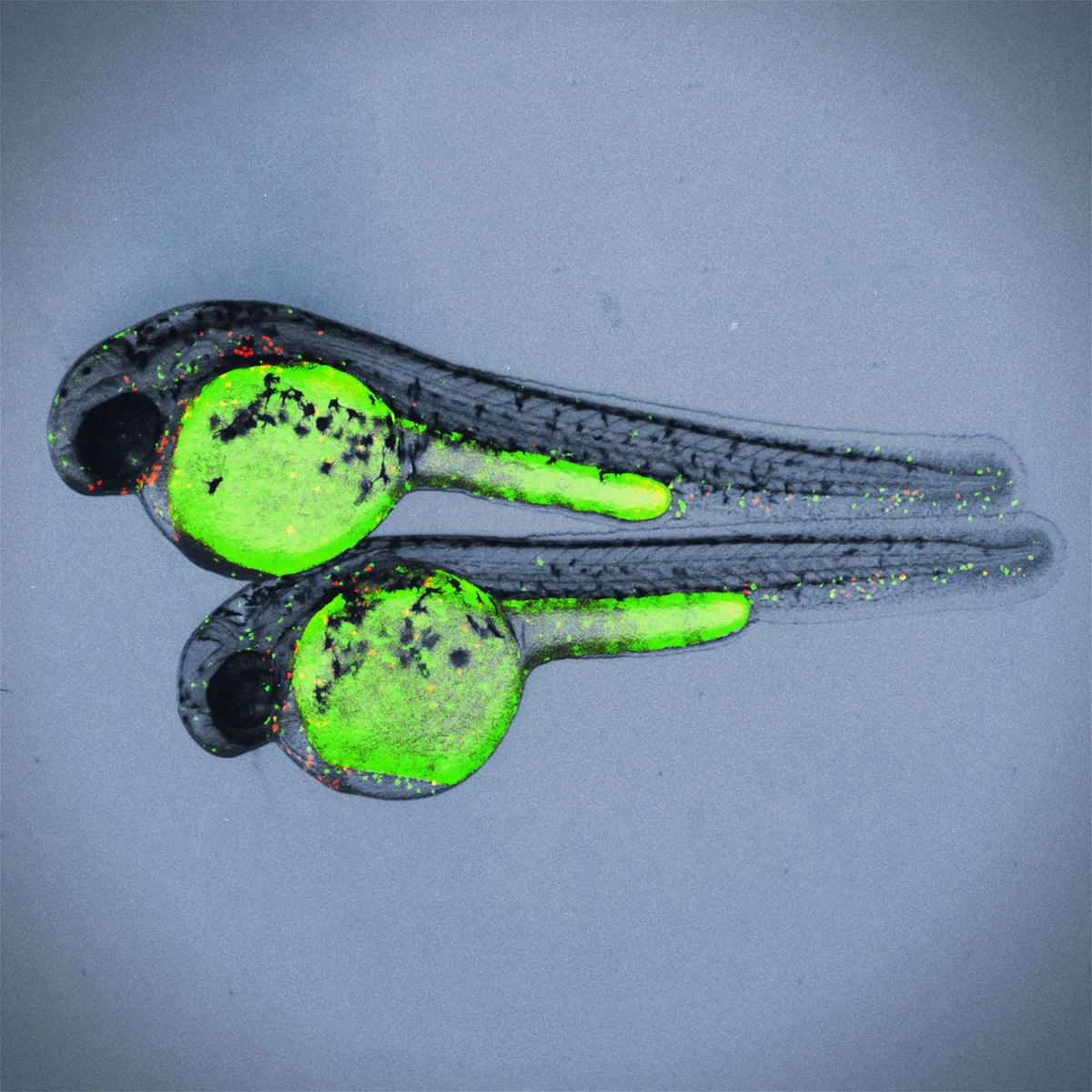
Immunology Lecture 17 Complement System 
This lecture provides an overview of the Complement System, a key component of the immune system. It covers the components, pathways, and functions of the system, as well as its role in the body's defense against pathogens. ▼
ADVERTISEMENT
Course Feature
![]() Cost:
Cost:
Free
![]() Provider:
Provider:
Youtube
![]() Certificate:
Certificate:
No Information
![]() Language:
Language:
English
![]() Start Date:
Start Date:
Self Paced
Course Overview
❗The content presented here is sourced directly from Youtube platform. For comprehensive course details, including enrollment information, simply click on the 'Go to class' link on our website.
Updated in [March 06th, 2023]
Learners can learn about the complement system, a very important part of the immune response, and how it works to enhance the ability of antibodies and phagocytic cells to clear microbes and damaged cells from an organism. They can also learn about the activation, function, opsonins, inhibitors, and pathways of the complement system, as well as how it helps with humoral immunity and inflammation. Additionally, learners can gain an understanding of how the complement system works to promote inflammation and attack the pathogen's cell membrane, with an example of gram-negative defense via membrane attack complexes.
[Applications]
After this course, students can apply their knowledge of the complement system to better understand the immune response and how it works to protect the body from pathogens. They can also use their knowledge to develop treatments for diseases that involve the complement system, such as autoimmune diseases and infections. Additionally, students can use their knowledge to develop new diagnostic tests to detect diseases that involve the complement system.
[Career Paths]
1. Immunology Research Scientist: Immunology research scientists are responsible for conducting research on the immune system and its components, such as the complement system. They use laboratory techniques to study the structure and function of the immune system, and develop new treatments and therapies for diseases. They also work to identify new biomarkers and develop new diagnostic tests. As the field of immunology continues to grow, the demand for immunology research scientists is expected to increase.
2. Immunology Clinical Specialist: Immunology clinical specialists are responsible for providing clinical care to patients with immunological disorders. They diagnose and treat a variety of conditions, such as allergies, autoimmune diseases, and immunodeficiencies. They also provide education and support to patients and their families. As the demand for immunology services continues to grow, the demand for immunology clinical specialists is expected to increase.
3. Immunology Educator: Immunology educators are responsible for teaching students and professionals about the immune system and its components. They use a variety of methods, such as lectures, seminars, and laboratory exercises, to teach students about the structure and function of the immune system, and how to diagnose and treat immunological disorders. As the field of immunology continues to grow, the demand for immunology educators is expected to increase.
4. Immunology Consultant: Immunology consultants are responsible for providing advice and guidance to healthcare professionals on the diagnosis and treatment of immunological disorders. They use their expertise to develop new treatments and therapies, and to identify new biomarkers and diagnostic tests. As the demand for immunology services continues to grow, the demand for immunology consultants is expected to increase.
[Education Paths]
1. Bachelor of Science in Immunology: A Bachelor of Science in Immunology is a four-year degree program that focuses on the study of the immune system and its components. Students learn about the structure and function of the immune system, the role of antibodies and other components in the body's defense against disease, and the development of immunological therapies. This degree program is becoming increasingly popular as the demand for immunologists grows.
2. Master of Science in Immunology: A Master of Science in Immunology is a two-year degree program that focuses on the study of the immune system and its components. Students learn about the structure and function of the immune system, the role of antibodies and other components in the body's defense against disease, and the development of immunological therapies. This degree program is becoming increasingly popular as the demand for immunologists grows.
3. Doctor of Philosophy in Immunology: A Doctor of Philosophy in Immunology is a four-year degree program that focuses on the study of the immune system and its components. Students learn about the structure and function of the immune system, the role of antibodies and other components in the body's defense against disease, and the development of immunological therapies. This degree program is becoming increasingly popular as the demand for immunologists grows, and is the highest level of education available in the field.
4. Master of Public Health in Immunology: A Master of Public Health in Immunology is a two-year degree program that focuses on the study of the immune system and its components from a public health perspective. Students learn about the structure and function of the immune system, the role of antibodies and other components in the body's defense against disease, and the development of immunological therapies. This degree program is becoming increasingly popular as the demand for public health professionals with an understanding of immunology grows.
Course Provider

Provider Youtube's Stats at AZClass
Discussion and Reviews
0.0 (Based on 0 reviews)
Explore Similar Online Courses

AP Environmental Science - Part 2: Populations

JavaScript Quickstart Course

Python for Informatics: Exploring Information

Social Network Analysis

Introduction to Systematic Review and Meta-Analysis

The Analytics Edge

DCO042 - Python For Informatics

Causal Diagrams: Draw Your Assumptions Before Your Conclusions

Whole genome sequencing of bacterial genomes - tools and applications

Chemical Biology

Immunology Lecture 16 - Type IV Hypersensitivity Reactions

So You Want to Be a Biomedical Engineer
 Related Categories
Related Categories
Quiz
 Submitted Sucessfully
Submitted Sucessfully
1. What is the main function of the complement system?
2. What is an example of Gram-negative defense via membrane attack complexes?
3. Which of the following is NOT a pathway of the complement system?


Start your review of Immunology Lecture 17 Complement System